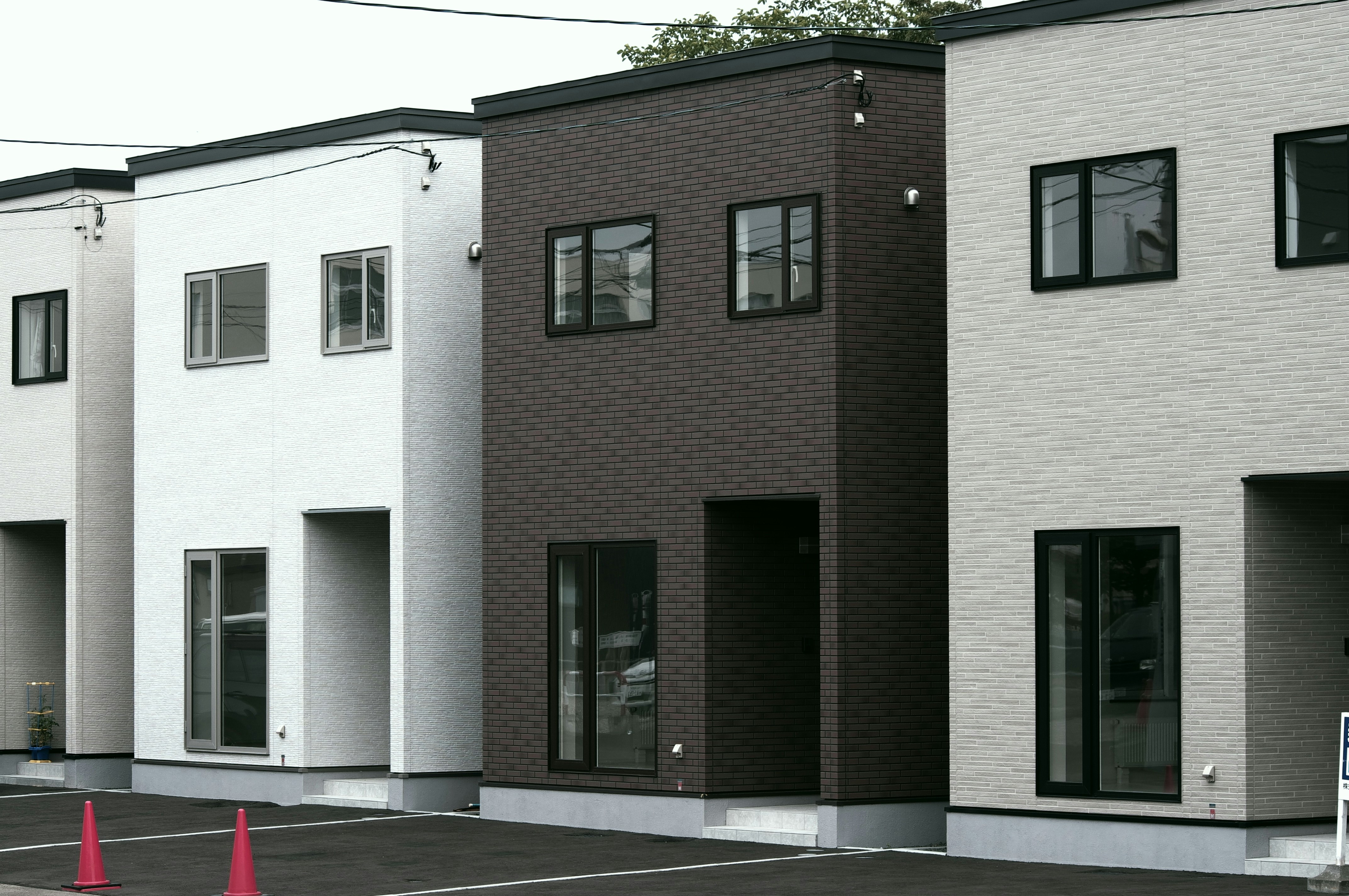The Future of Real Estate Management
Apr 8, 2022
The Future of Real Estate Management
Real estate management is undergoing a dramatic transformation driven by technology shifting tenant expectations and a growing emphasis on sustainability. For property owners and managers the future promises exciting opportunities to streamline operations boost profitability and create exceptional tenant experiences. Whether you manage residential multi family or commercial properties staying ahead of these trends will position you for success in the evolving landscape. Here’s a look at what’s shaping the future of real estate management.
1. Technology as the Backbone
Technology is no longer optional it’s the foundation of efficient property management.
Smart Property Systems: Internet of Things (IoT) devices like smart thermostats keyless entry systems and leak detectors are becoming standard. These tools allow managers to monitor properties remotely reduce energy waste and address maintenance issues before they escalate. For commercial spaces smart HVAC systems can optimize air quality and cut costs.
Artificial Intelligence: AI powered platforms can analyze tenant behavior predict maintenance needs and even automate lease negotiations. Chatbots handle routine inquiries freeing managers to focus on strategic tasks. AI driven analytics also help set optimal rental prices based on real time market data.
Blockchain for Transparency: Blockchain technology is streamlining transactions by securely recording leases payments and property records. This reduces disputes and simplifies audits. Smart contracts can automate rent collection or enforce lease terms ensuring compliance without manual oversight.
Expect tech adoption to accelerate as costs drop and tenants demand seamless digital experiences.
2. Tenant Centric Management
Tomorrow’s tenants residential and commercial alike prioritize convenience and personalization.
Flexible Leasing Models: Traditional 12 month leases are giving way to customizable terms. Residential tenants may seek month to month options while businesses request shorter leases to adapt to economic shifts. Offering flexibility attracts diverse tenants and reduces vacancies.
Enhanced Amenities: Tenants want more than four walls. Residential properties might offer coworking spaces fitness centers or pet washing stations. Commercial buildings could include shared conference rooms wellness areas or EV charging stations. These perks justify higher rents and boost retention.
Community Building: Managers are curating experiences to foster connection. Virtual events tenant apps for networking or in person gatherings like rooftop barbecues create a sense of belonging. Engaged tenants are more likely to renew leases and recommend properties.
Putting tenants first isn’t just good service it’s a competitive edge.
3. Sustainability as a Priority
Environmental responsibility is reshaping real estate management as tenants and investors demand greener properties.
Energy Efficient Upgrades: Solar panels green roofs and advanced insulation are no longer niche. These features lower utility costs and appeal to eco conscious tenants. Certifications like LEED or ENERGY STAR add marketability and may qualify for tax incentives.
Waste Reduction: Properties are adopting recycling programs composting systems and single stream waste management to minimize environmental impact. Commercial tenants especially value partners aligned with their corporate sustainability goals.
Carbon Tracking: Advanced software now tracks a property’s carbon footprint helping managers identify inefficiencies. Sharing these metrics with tenants builds trust and encourages collective action toward net zero goals.
Sustainable practices aren’t just ethical they’re profitable attracting premium tenants and reducing long term costs.
4. Data Driven Decision Making
The future of property management hinges on actionable insights.
Predictive Analytics: By analyzing historical data managers can forecast vacancy rates maintenance costs or tenant turnover. This allows proactive budgeting and targeted improvements like upgrading units most likely to lose tenants.
Market Monitoring: Real time data from platforms like CoStar or Zillow helps managers adjust pricing or amenities based on local trends. Knowing when a nearby development might impact demand keeps you ahead of competitors.
Performance Dashboards: Integrated software provides a holistic view of portfolio performance from occupancy rates to ROI on upgrades. These tools empower managers to make informed choices rather than relying on gut instinct.
Data isn’t just numbers it’s the key to maximizing returns.
5. Remote and Hybrid Management
The rise of remote work has implications beyond office spaces it’s changing how properties are managed.
Virtual Tours and Leasing: High quality 3D tours and drone footage let tenants explore properties from anywhere. Digital lease signing and onboarding streamline the process cutting downtime between tenants.
Remote Oversight: Cloud based property management platforms allow managers to oversee multiple properties from one dashboard. Whether it’s approving repairs or tracking rent payments everything can be handled off site.
Hybrid Workspaces: Commercial managers are adapting to hybrid work by offering flexible office suites or day pass options for businesses scaling back on permanent space. This keeps properties occupied even as work patterns shift.
Embracing remote tools ensures efficiency and appeals to tech savvy tenants.
6. Regulatory and Economic Adaptability
The future brings new challenges from tighter regulations to economic uncertainty.
Compliance Automation: Software that tracks local laws like rent control or safety codes ensures properties stay compliant without manual research. This is critical as cities impose stricter rules on housing and commercial spaces.
Economic Resilience: Diversifying income streams think short term rentals in residential units or pop up retail in commercial spaces helps properties weather downturns. Managers who plan for flexibility can pivot quickly when markets shift.
Social Impact Focus: Some regions are pushing for affordable housing quotas or community benefits in new developments. Proactive managers are integrating these into their strategies to build goodwill and avoid regulatory hurdles.
Staying nimble keeps your portfolio thriving in any climate.
Final Thoughts
The future of real estate management is dynamic blending cutting edge technology with human centered service. By embracing smart systems prioritizing tenant needs and committing to sustainability managers can unlock new levels of efficiency and profitability. The key is to start small adopt one or two innovations and scale as you see results. In a rapidly changing world those who adapt will lead the way.
Want to future proof your real estate portfolio? Contact AcreX - Commercial and Industrial Real Estate for expert guidance on navigating the next era of property management.



